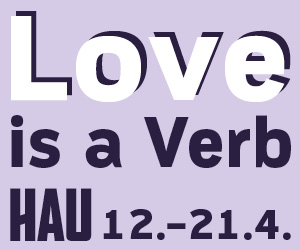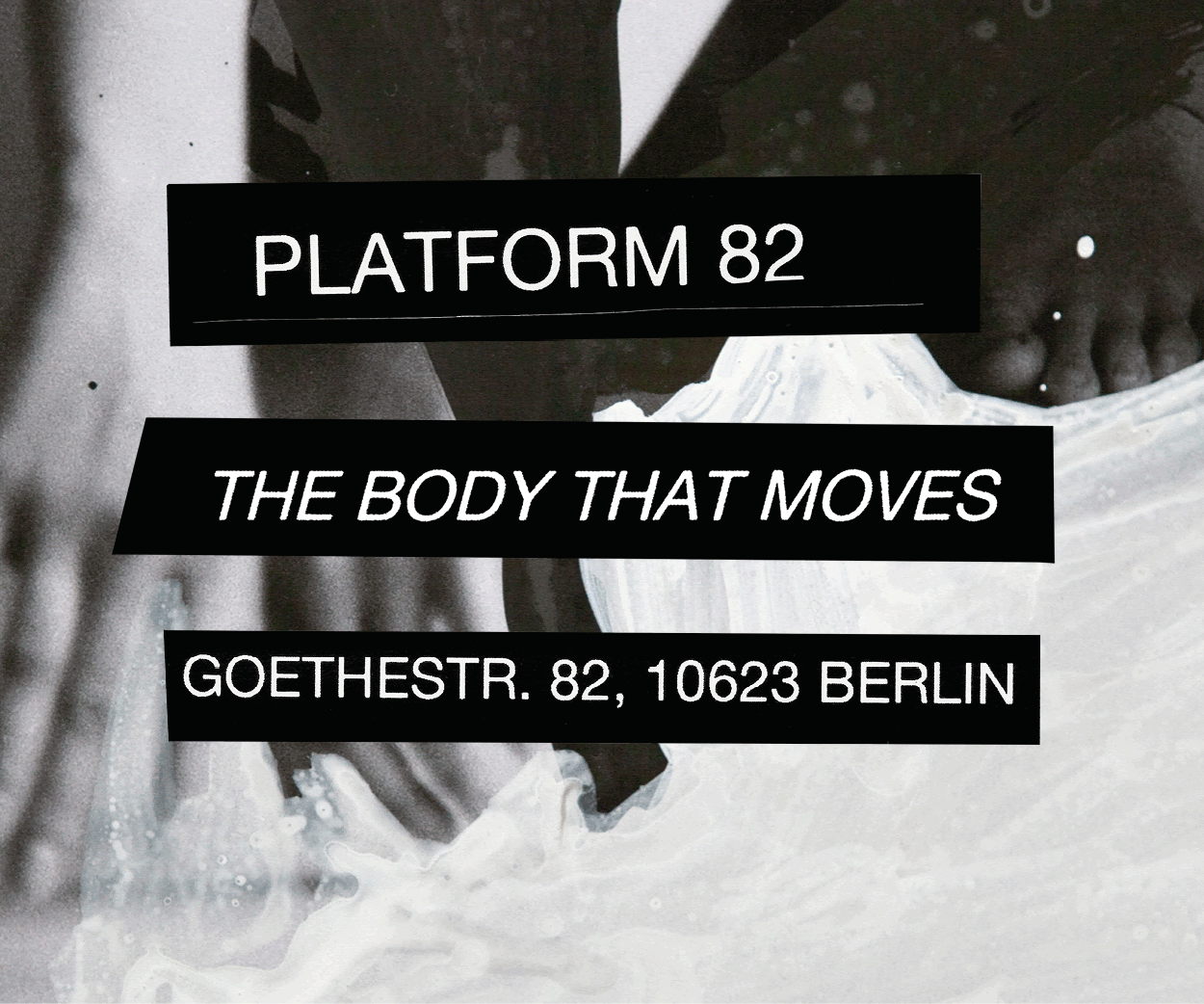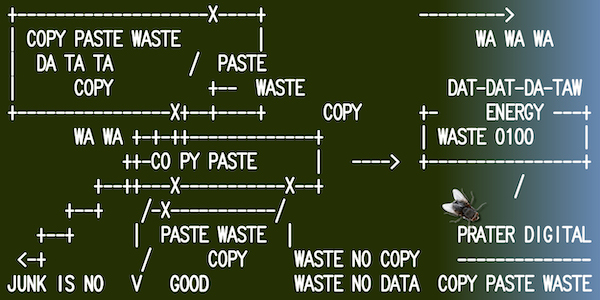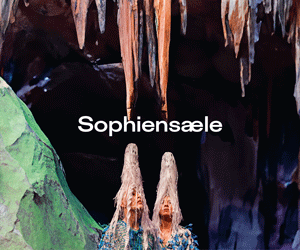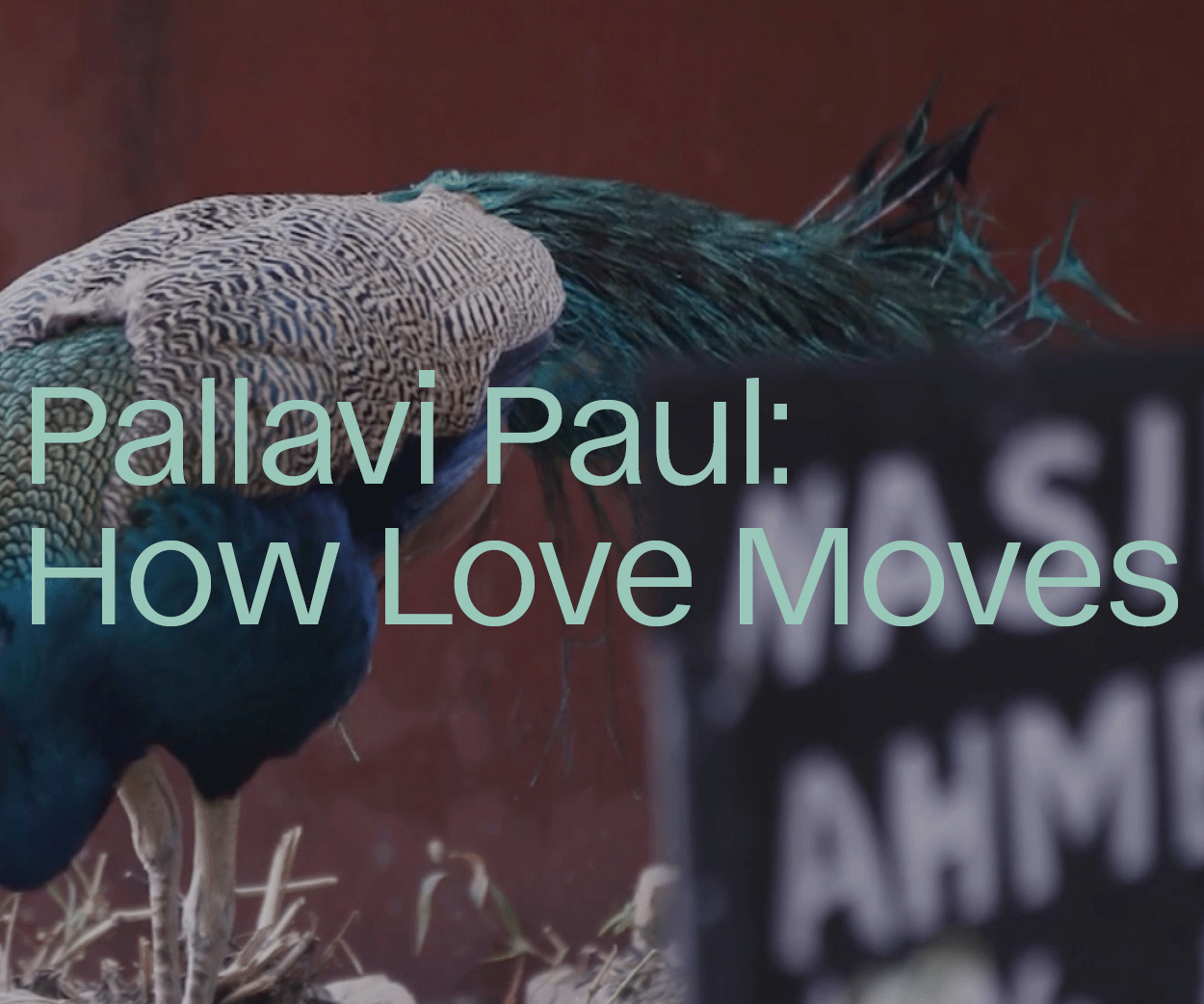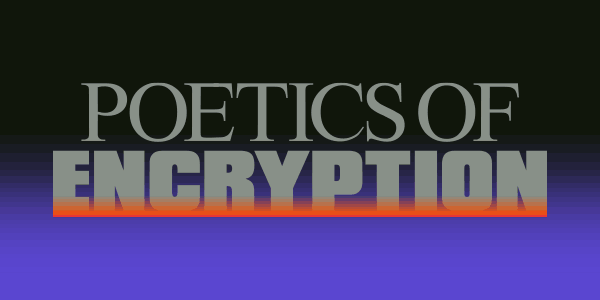“Our bodily wounds eventually close and heal. But there are always hidden wounds, those of the heart, and if you know how to accept and endure them, you will discover the pain and joy which is impossible to express with words. You will reach the realm of poetry which only the body can express.” So wrote Kazuo Ono — dancer, teacher, and seminal force in butoh performance, which grew out of Japan in the 1960’s. Ono’s philosophy of dance has been carried on through countless students, including the artist and Berlin resident Maco. Along with Hikaru Inagawa, she is one half of the performance group 4RUDE, which performs at the ACUD Theater on April 29.
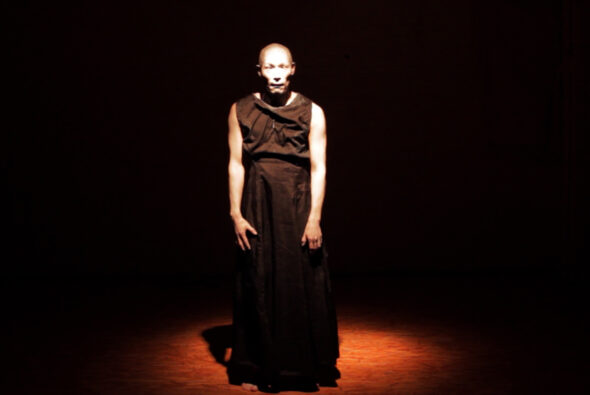
Hikaru Inagawa, Zug-Zug-Züge // Courtesy of ACUD
Founded in Tokyo in 2005, 4RUDE describes itself as a group aiming for alternative routes into theatre: “acting without words and dancing based on inner experience, instead of focusing on body movements.” Butoh, originally conceived as a revolt against the Western formal conventions so elevated at the time, is very much a dance of the alternative, the Other. Rather than the leaps and allongé extensions of ballet, the butoh performer sought to embody the physicality of the ill, the elderly, the crude and earth-bound.
The evening at ACUD, Zug-Zug-Züge nach HIROSHIMA, will consist of two solo butoh dances. ‘Zug-Zug-Züge’ by Hikaru Inagawa, and Maco’s piece, titled ‘HIROSHIMA.’ In line with the company’s mission, both pieces are described as “30 minutes / no language.” But acting without words doesn’t mean ignoring language altogether; ‘Zug-Zug-Züge’ is prefaced with a note: “This is a short Butoh piece. The notation is words. The words are visualized, and it is embodied through the dancer. The skin becomes thin and clear. You can look through the other side of the skin…And here it is the story.” If Inagawa’s dancing body serves as both the interface and negation of language, like a blank page in a play’s script, Maco’s formulates itself as viscera and sensation, simply: “This piece is a molten / deformed chunk of meat, which gradually falls apart and becomes thin, until the bone is exposed, and only the sense of touch and the nervous system remains.” The title evokes one of the great wounds of Japan’s history (as well as the world’s). As Ono suggests, to reconcile or even acknowledge such pain by means of the body can lead to an honesty beyond articulation. And this, undoubtedly, could be a form of healing.
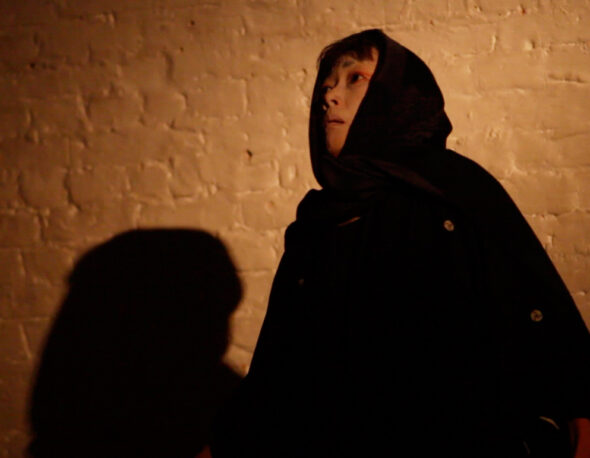
Maco, Hiroshima // Courtesy of ACUD
Exhibition
ACUD MACHT NEU
4RUDE: ‘Zug-Zug-Züge nach HIROSHIMA’
Performance: Apr. 29, 2016; 8PM
Veteranenstraße 21, 10119 Berlin, click here for map


